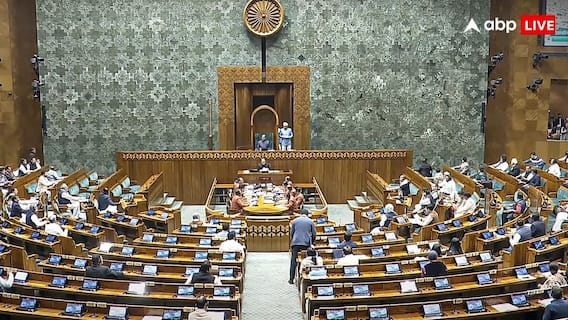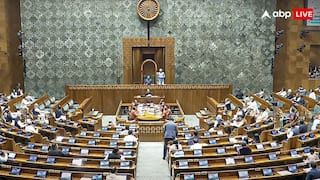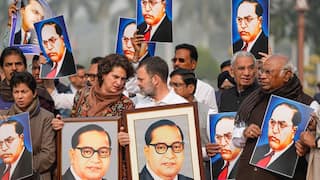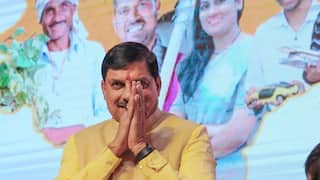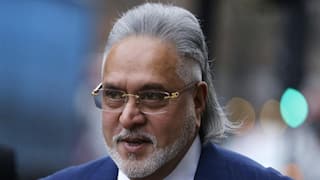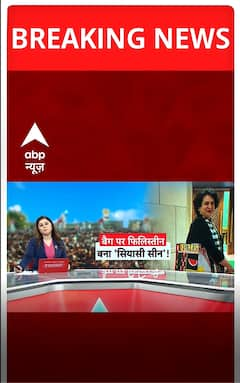Pakistan Political Crisis: PPP Chief 'Bilawal Bhutto-Zardari To Be Next Foreign Minister', Says Report
The 33-year-old Oxford-educated politician and Pakistan Peoples Party chief Bilawal Bhutto is the son of former Pakistan Prime Minister late Benazir Bhutto and ex-Pakistan president, Asif Ali Zardari.

New Delhi: Pakistan Peoples Party chief Bilawal Bhutto-Zardari is likely to become the next foreign minister of Pakistan in the new setup following ouster of Imran Khan in the early hours on Sunday, reported Geo News.
As the Opposition in Pakistan has been constantly targeting the Imran Khan-led government for its wrong government policies, the question of who will become the foreign minister under the new government also becomes important along with the position of prime minister and president.
“According to rumours, PPP Chairman Bilawal Bhutto-Zardari is likely to be appointed as the Minister of Foreign Affairs,” stated the Geo News report.
The 33-year-old Oxford-educated politician, however, had said in an interview that the decision for his appointment as the foreign minister will be taken by the party.
PPP chief Bilawal Bhutto is the son of former Pakistan Prime Minister late Benazir Bhutto and ex-Pakistan president, Asif Ali Zardari. His maternal grandfather, Zulfikar Ali Bhutto was the former president and prime minister of Pakistan, who was overthrown by the military and was jailed and executed.
Bhutto had criticised Khan’s leadership saying that the ruling Pakistan Tehreek-e-Insaf had made the foreign ministry and National Security Committee (NSC) controversial.
He also targeted Shah Mahmood Qureshi, Khan’s foreign minister, during the debate on Saturday questioning why he was not present for the National Security Committee meeting which discussed the so-called “foreign conspiracy to oust the PTI government.
He also responded to Imran Khan’s claim of a foreign conspiracy saying that Khan should have taken an immediate action. He maintained that the current battle was not between the PTI, the PPP or the PDM, rather between those who upheld the Constitution and those who disregarded it.
Trending News
Top Headlines






